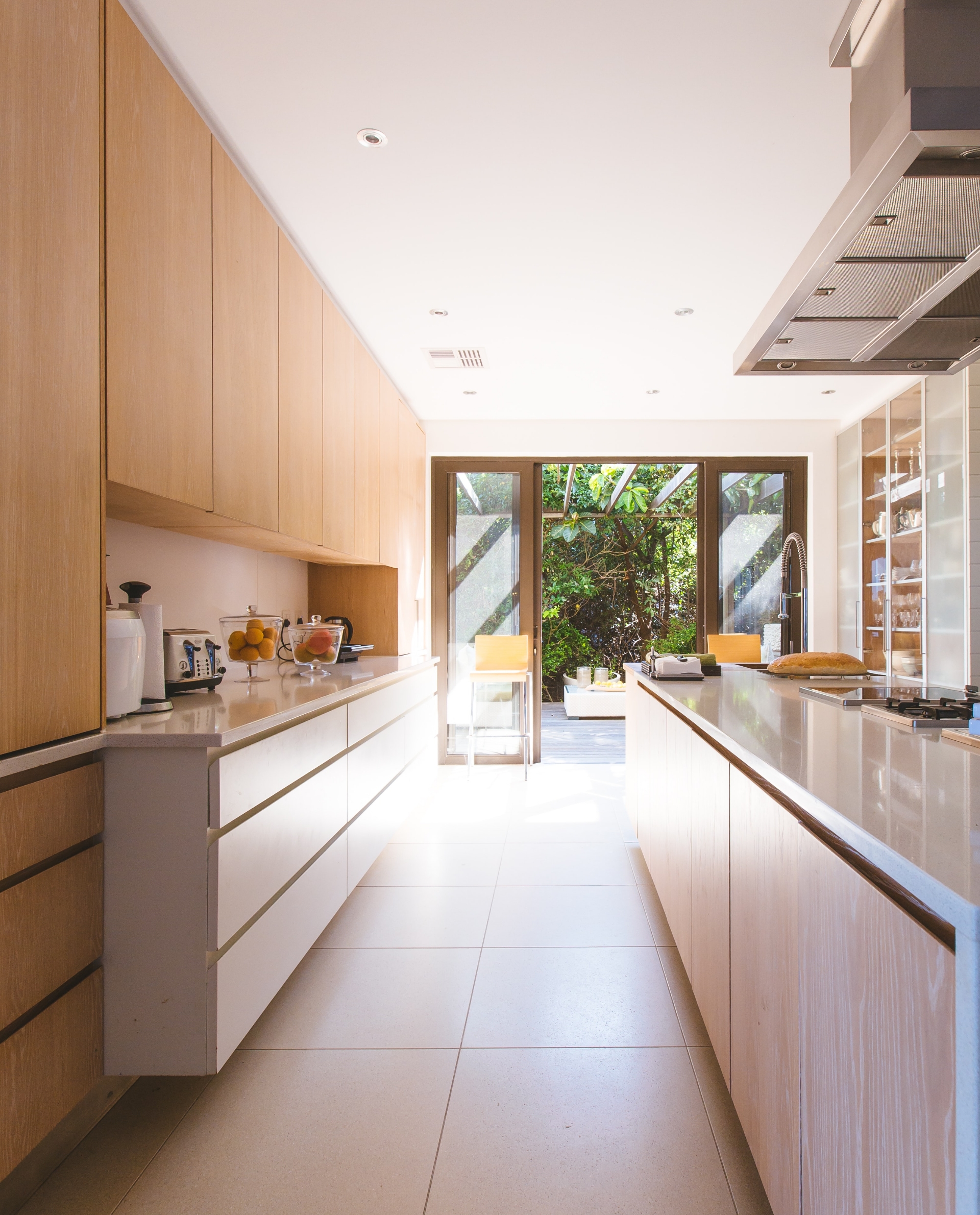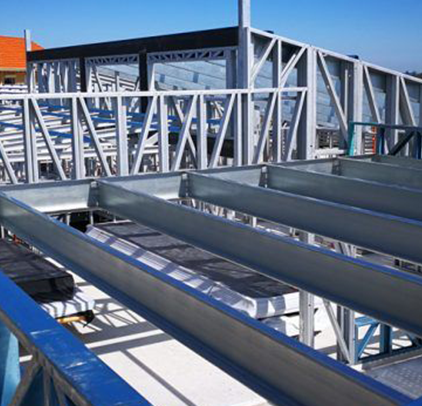

Blog

Building Your Future: Sustainable and Smart Building Practices in 2021
Sustainability is becoming more relevant around the world over the past several decades. The way buildings are designed, developed, and managed is evolving in the new world of technology and innovation. It’s interesting to see how smart building systems can decrease energy usage, boost energy savings, and make buildings more sustainable and environmentally friendly. Building developers and real estate agents are adopting intelligent building technology to safeguard environmental assets whilst favouring forward-thinking design and functionality. There are many enhanced possibilities and new avenues for smart buildings because of technology. While their advantages differ widely, from operating cost efficiencies to enriched employee experience, smart construction techniques often play a vital role in improving sustainability. However, it is crucial to understand how to use this technology most efficiently to drive sustainable results and successful ventures, given the rapid growth and changing nature of this sector.
Smarter Homes for a Sustainable Living
There is a certain degree of in-built intelligence in many buildings: lighting, HVAC, security, or fire protection. Today, much more can be learned from building data. Eventually, it is possible to influence plans and make informed decisions. Estate agents will benefit from modern smart technology, IoT, mobile devices, AI, and big data, regardless of building type. Thus, this sort of technology should be a necessity for sustainable buildings.
The various elements of a house, such as HVAC, fire protection, lighting, and security monitoring, work separately in most cases. But in a smart building, through the Internet of Things (IoT) technology, these systems feed into a central, cloud-based network and operate in sync with each other.
Smart Building Practices & Strategies
Here are some of the best practices and strategies pertaining to smart buildings.
Energy Efficiency
Smart building management systems provide productivity through HVAC improvements, fire alarms, lighting, and protection systems by accessing actionable data from smart sensors and meters.
Operational Coherence and Efficiency
The operation includes many facets of management, repair, and construction protection. As a result, you achieve operational efficiency through the automation of building systems and improved power.
Occupants’ comfort
Smart buildings will ensure occupant satisfaction by aligning the lighting and heating systems to behavioural habits. Thus, you encourage savings
Deploy Intelligent Hardware
For interoperable tools to function correctly and to their highest capacity, the building must have at least a smart hardware baseline to collect data at the granular level needed to solve the business’s particular challenges.
Takeaway
The future of smart building holds exciting opportunities beyond physical architecture by translating these new frontiers of knowledge into sustainable activities that protect the environment and the well-being of occupants. With Craftwright Carpentry & Construction, you can soon see smart buildings be a reality and look forward to these prospects and set a revolutionary momentum for the market.
